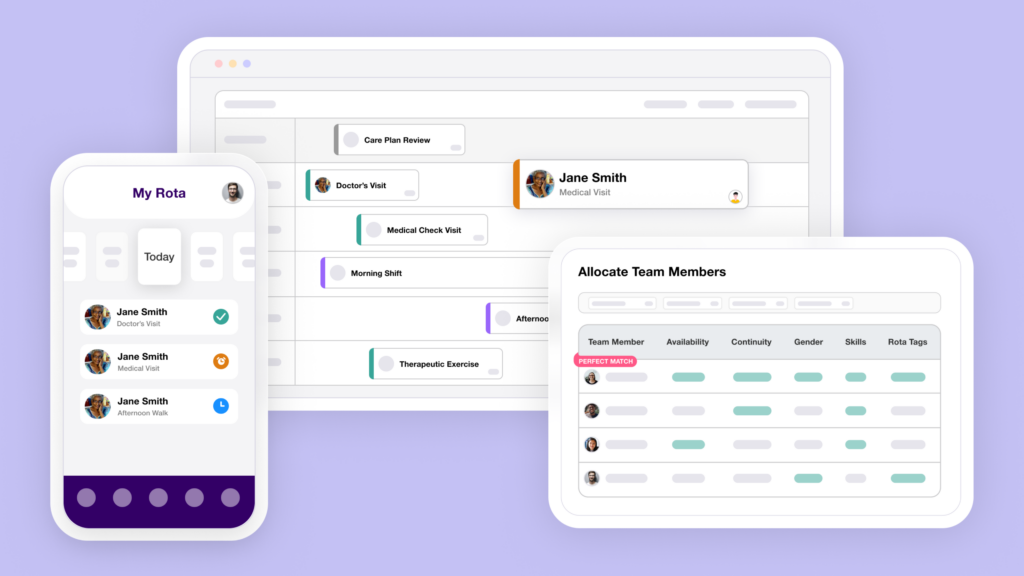Legal & regulatory: Don’t forget complaints

Samuel Lindsay, principal associate at Mills & Reeve, explores the often-overlooked option of submitting a complaint via the Care Quality Commission’s internal complaints procedure
How to submit a complaint
Complaints should typically be made in writing to the person you have been dealing with at the CQC. Where that is not appropriate or may lead to a perverse outcome (where the person you are contacting is the subject of the complaint, for example), then you should submit your complaint to the CQC National Customer Service Centre, which will pass it on to the national complaints team. When submitting your complaint, be sure to set out your grievances clearly and include supporting evidence.
When to complain
Any complaint should be made within a year of when you first become aware of the issues relating to the complaint.
A complaint is appropriate if your grievance concerns any of the following issues:
• The conduct of staff or people working for CQC
• Administrative mistakes
• Unprofessional or inappropriate behaviours
• Failures to follow policies and procedures.
Alternative avenues for redress need to be used otherwise. Some of the most used routes for challenging CQC decisions include:
• Factual accuracy checks – used to challenge the factual accuracy of draft CQC reports
• Ratings reviews – used to challenge the validity of CQC ratings
• Representations and appeals to the First Tier Tribunal – used to challenge enforcement action.
The decision by the CQC to introduce mandatory specified routes for redress (dependent on the grievance raised) means providers often need to utilise multiple avenues of challenge at once to ensure matters are addressed in full. For example, a provider unhappy with an inspection outcome may need to submit a complaint about the conduct of an individual inspector, as well as a factual accuracy check to contest the accuracy of findings in a draft inspection report.
It is therefore vitally important that a provider does not delay making any other challenge because of submitting a complaint, otherwise the deadlines restricting time to challenge the CQC through other avenues may pass; the last thing you want is to find yourself out of time to apply for a ratings review because you were waiting on a response to your complaint.
Escalating your complaint to the Ombudsman
If you are not satisfied with the CQC’s response to your complaint, then it may be an option to refer the matter to the Parliamentary and Health Service Ombudsman (PHSO). The PHSO will only consider complaints if an MP refers the complaint to it, so the relevant complaint form must be sent to the MP or his or her office for signature first.
For those based outside the UK, the chair of the Public Administration and Constitutional Affairs committee can also refer the complaint.
Challenging the CQC through judicial review
If a provider is of the view that the CQC’s conduct may be unlawful, then it may want to consider challenging the CQC – or the PHSO – through the courts via judicial review. Since judicial review is a ‘remedy of last resort’, a provider applicant should be able to evidence to the courts that it has properly exhausted alternative routes for remedy, which may include the complaints procedure.
Providers need to be alive to the fact that applications for judicial review must be brought promptly and no later than three months after the decision being challenged. It is therefore essential that a provider considering judicial review takes legal advice at the earliest opportunity to ensure steps necessary to protect their legal rights are taken as soon as possible.
Likely outcome
In our experience, a complaint to the CQC will rarely result in the type of significant change in outcome providers are usually looking for. However, there will always be exceptions. Regardless, the lack of desired outcomes should not dissuade providers from making complaints where appropriate. Complaints data enables the CQC to identify systemic failings and problems with individual staff, which may otherwise go unnoticed.
Complaints also demonstrate to the CQC that providers are attentive and prepared to respond when it gets things wrong and in some cases submitting a complaint will be necessary to set up an effective legal challenge.
You can get in touch with Samuel here.



